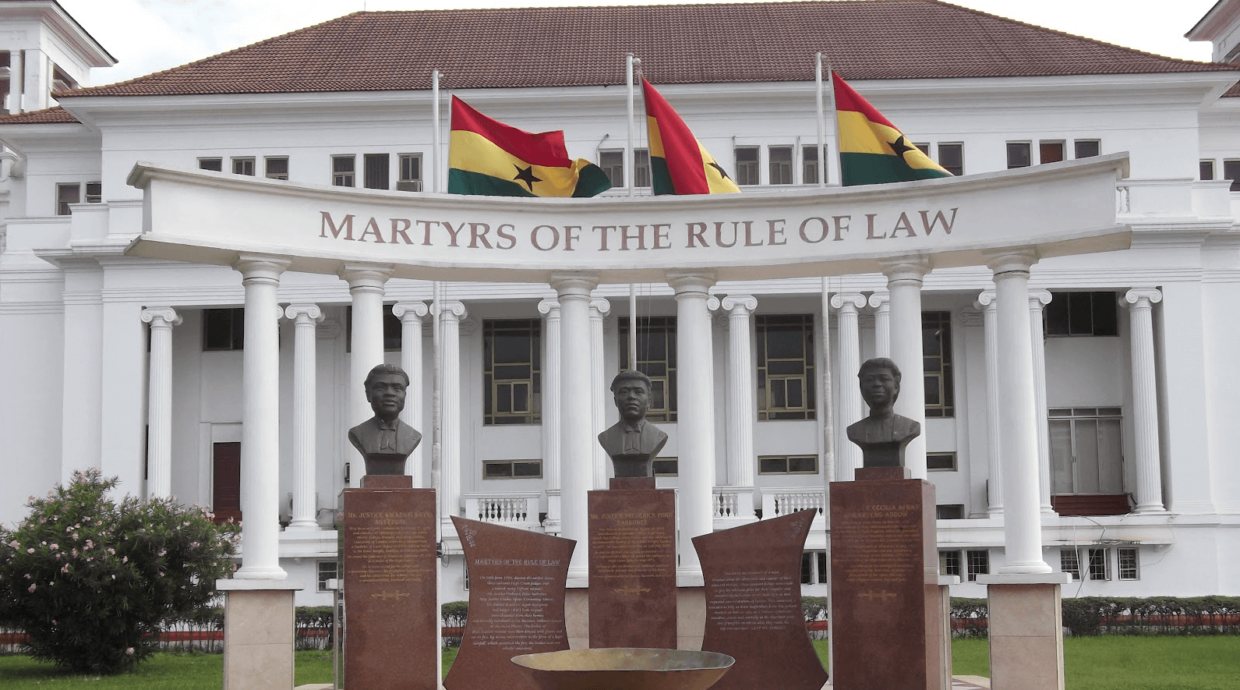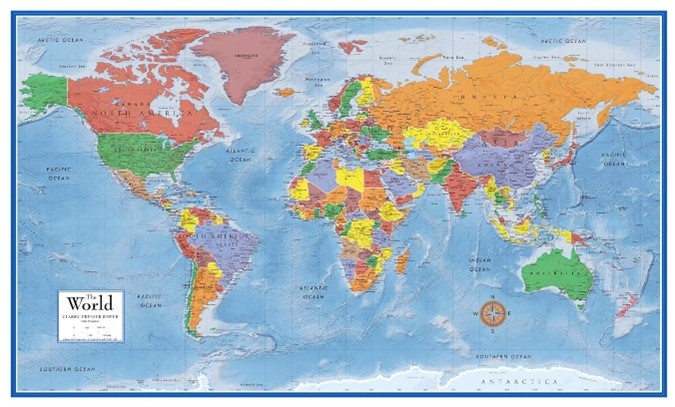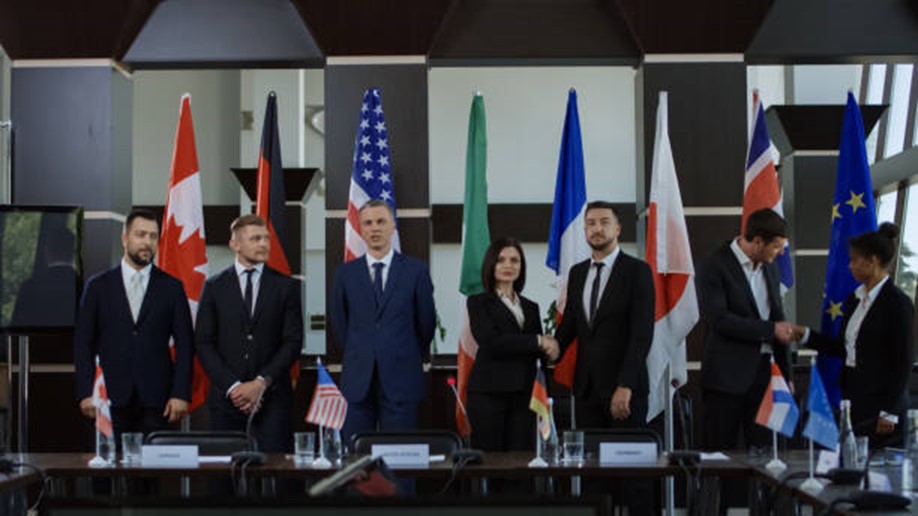Edward is the Managing Partner of EHA Consulting (Legal Practitioners and Consultants) a boutique law firm based in Accra, the capital of Ghana. He is a member of both the Bar of England & Wales and the Ghana Bar Association and has nearly three decades of practice experience in both jurisdictions. Edward’s area of practice include but not limited to Company and Commercial Law, Banking & Finance (including corporate finance), Energy & Natural Resources, Oil & Gas, International Investment Law & Foreign Direct Investments (FDIs), Constitutional Law and Human Rights Law, He also has knowledge and interest in Public International Law, World Trade Organisation (WTO) Law and Africa Continental Free Trade Area (AfCFT) Law.
The recent detention of Bernard Antwi Boasiako, widely known as Chairman Wontumi by the Economic and Organised Crime Office (EOCO) has sparked considerable public reaction, not least from political circles. Most striking, however, was the assertion by a sitting Member of Parliament that Wontumi, described as a “high-profile citizen,” should not have been treated in
The World Trade Organization (WTO) is an international body that regulates and facilitates global trade between nations. It emerged from the GATT (General Agreement on Tariffs and Trade) in 1995 and now functions as the primary global platform for trade negotiations, trade policy monitoring, and dispute resolution. The governance structure of the WTO system comprises
Ghana’s wealth of resources, democratic political system and dynamic economy, makes it undoubtedly one of Africa’s leading lights. EHA Consulting is a multi-purpose legal entity providing essential business services to local businesses as well as international investors who are interested in investing in African countries. We aim to be recognized as expertise in providing strategic
The term “Resource Curse” refers to the paradox where countries rich in natural resources—such as oil, gas, and minerals—often experience slower economic growth, weaker governance, and poorer societal outcomes compared to resource-poor nations. First introduced by economists, this phenomenon reveals that resource wealth can hinder long-term economic and institutional development. Key observations include: Historical Evidence:
Contextual Overview The 1992 Constitution of Ghana establishes a framework for governance rooted in the separation of powers. Article 88(1) designates the Attorney General as the legal advisor to the government and the office responsible for public prosecutions. Additionally, the Attorney General serves as the Minister of Justice, tasked with overseeing the administration of justice.
Traditionally, dispute resolution in international law relied on methods like negotiation, inquiry, conciliation, mediation, arbitration, and judicial settlement. The Permanent Court of International Justice (PCIJ) and the International Court of Justice (ICJ) have adjudicated numerous cases involving maritime issues, contributing to the development of international legal norms. Landmark cases include the Alabama Arbitration (1872), the
Ghana, a nation renowned for its stability and rich cultural heritage, is governed by a robust legal system grounded in its Constitution, statutory laws, and traditional customs. For individuals and businesses engaging with Ghana’s legal framework, understanding its core elements is essential. The Ghanaian Constitution: A Cornerstone of Governance At the heart of Ghana’s legal





